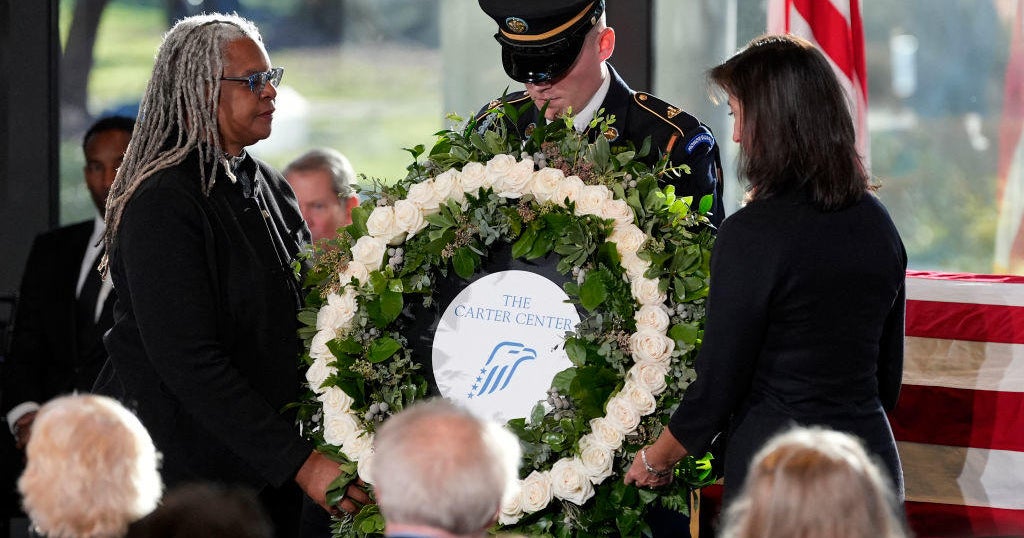Robert F. Kennedy Jr. has qualified for Colorado’s presidential ballot as an unaffiliated candidate, state election officials said Thursday, while an escalating internal dispute about him between state and national factions of the Libertarian Party continues.
But the Colorado Libertarians’ separate attempt to designate Kennedy and his running mate, Nicole Shanahan, on the party’s ballot line appears to be on a collision course with state law.
Regardless, Kennedy supporters last month turned in a sufficient number signatures to cement the independent candidate’s place on the November ballot, the Colorado Secretary of State’s Office said. The campaign needed 12,000 valid signatures to earn a place on the ballot, and it submitted just under 30,000. More than 21,700 were determined to be valid.
Kennedy, the controversial anti-vaccine scion of the dynastic Kennedy family, has collected signatures to appear on the ballot in 42 states, his campaign said in a press call Wednesday. He initially filed to challenge President Joe Biden in the Democratic primary last year before switching to an independent run.
Kennedy has pursued a variety of strategies to achieve ballot access across the country, from gathering signatures to partnering with smaller parties to forming new ones entirely.
His pursuit of an unaffiliated spot in Colorado comes as state Libertarians say they’ll still work to list him as their candidate — despite the national party already placing its ticket on the state’s ballot. Hannah Goodman, the state party chair, told The Denver Post in a text earlier this week that the local party will nominate Kennedy at an Aug. 12 meeting and will then file the paperwork needed to put him on the ballot again.
But presidential candidate Chase Oliver and his running mate, Mike ter Maat, who were formally nominated by the national Libertarian Party in May, have already filed to appear on the ballot here. State officials say that Oliver and ter Maat’s position will only change if they voluntarily drop out.
Caryn Ann Harlos, the Colorado-based national party secretary who previously accused her local counterparts of “craven opportunism” for backing Kennedy — after they rejected Oliver as insufficiently aligned with their principles — recently filed a lawsuit to prevent Goodman and the state party from doing anything further to place Kennedy on the ballot as the Libertarian candidate. Goodman declined to comment on the lawsuit.
On Wednesday’s press call, Kennedy’s campaign manager, Amaryllis Kennedy, said the campaign was “very interested” in appearing on the ballot twice.
“If we’re able to put RFK’s name on the ballot with both independent and the Libertarian Party of Colorado, we’ll be very proud to do so,” Amaryllis Kennedy said. “We’ll have an answer to you as soon as we know the answer to that ourselves, and when Colorado’s secretary of state knows the answer to that.”
According to the secretary of state’s office, they’ve already provided the answer: Not possible.
“Colorado law does not allow a candidate to appear twice on the same ballot for the same office, nor does it allow a candidate to appear on a ballot with multiple affiliations,” spokesman Jack Todd wrote in an email Wednesday, shortly after the Kennedy campaign call.
The office’s legal manager emailed state and local Libertarian officials last week and told them that Chase and ter Maat would appear on the Colorado ballot as the Libertarian candidates, unless they decided to withdraw. The manager also told state party officials that Kennedy had filed signatures to appear on the ballot as an independent candidate and that he could not appear on the ballot twice under Colorado law.
Asked Thursday about the apparent illegality of pursuing Kennedy as the Libertarian candidate under those circumstances, Goodman referred questions to the state party’s executive director, James Wiley. Wiley did not return a message seeking comment.
The Kennedy campaign also did not return a message seeking comment Thursday.
Stay up-to-date with Colorado Politics by signing up for our weekly newsletter, The Spot.
Originally Published:







